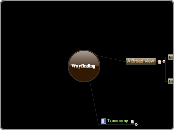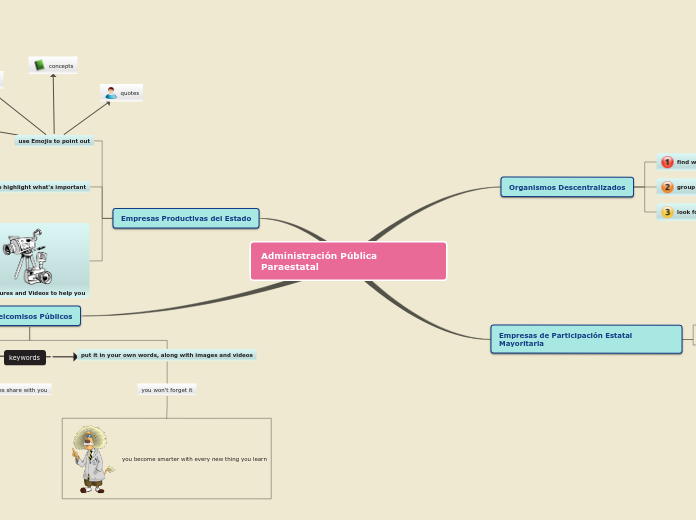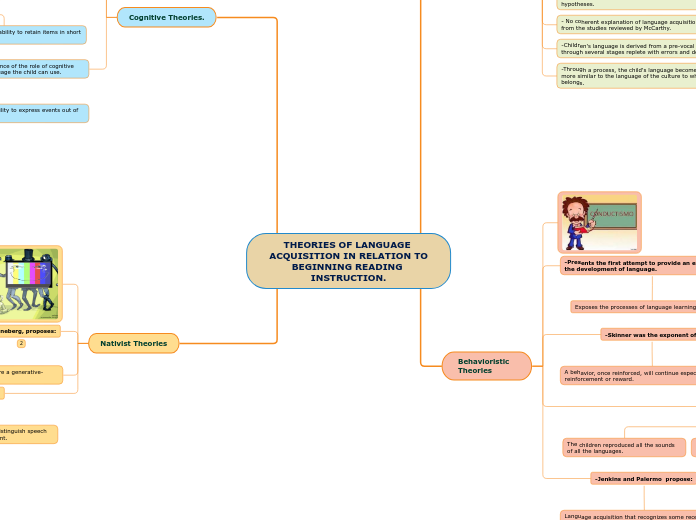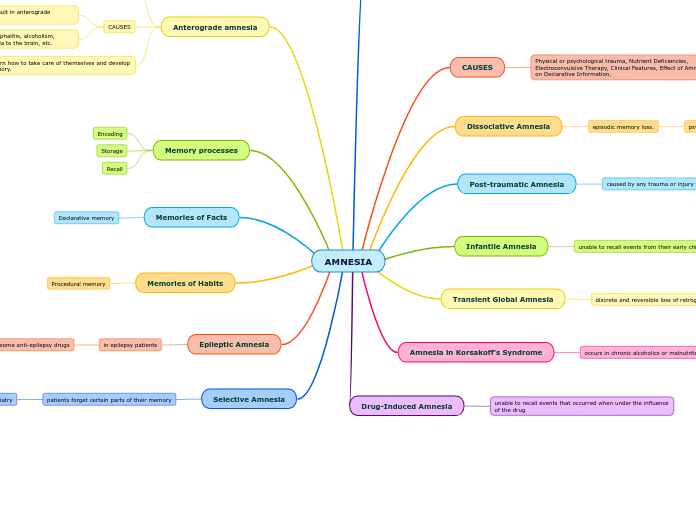arabera Noal Smyth 5 years ago
636
Chapter 7: Memory Mind Map
Memory encompasses the retention of information over time, classified into sensory, short-term, and long-term systems. Explicit memory involves deliberate recall, while implicit memory includes unintentional recollections, such as procedural memory for skills and habits, and priming, which aids in identifying stimuli based on prior experiences.









